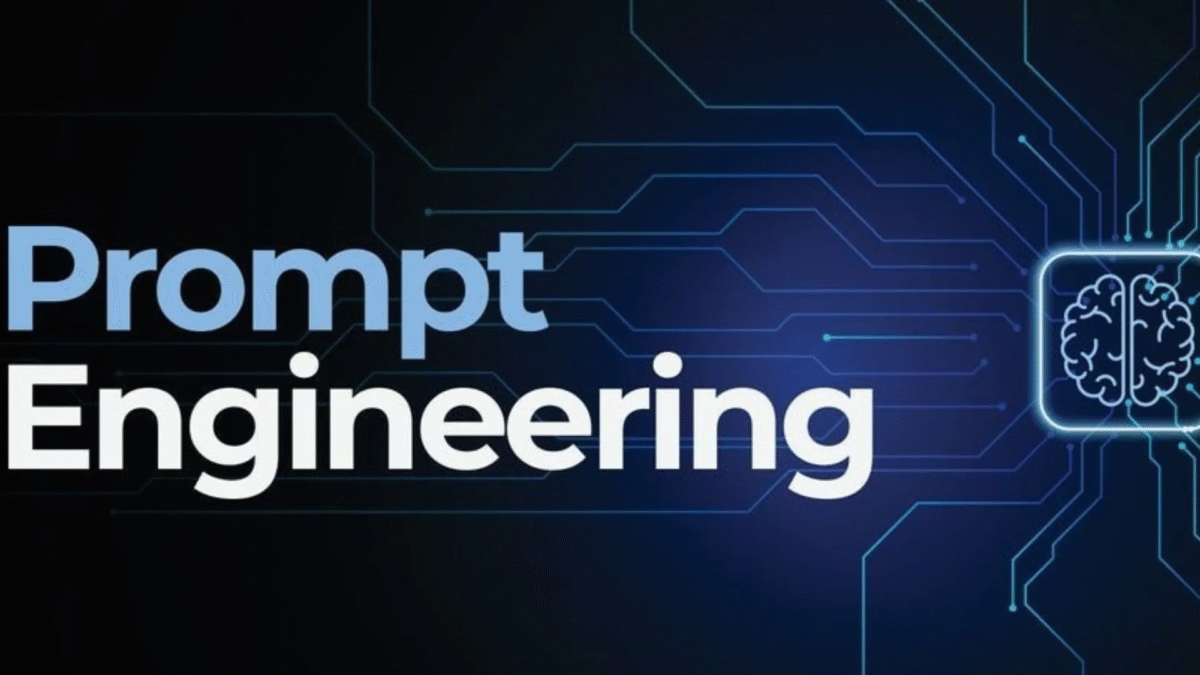✍️ Introduction: Why Prompt Engineering Matters More Than Ever
If you’ve ever typed a request into ChatGPT, Claude, or Gemini and felt underwhelmed by the response, you’re not alone. The secret isn’t the AI itself—it’s the prompt you feed it. In 2025, the demand for smarter, faster, and more strategic prompting has exploded. That’s where the rise of top prompt engineering software comes in.
Think of it like upgrading from a flip phone to a smartphone: same core function, but massively more powerful when used with the right tools.
📚 What Makes a Great Prompt Engineering Tool?

Before diving into reviews, let’s define what separates the best tools from the rest.
A top prompt engineering software in 2025 should offer:
- Prompt Organization – Store, categorize, and reuse prompts across AI platforms.
- Customization – Templates, frameworks, and variables to adapt prompts quickly.
- Collaboration – Share prompts with teammates or across workflows.
- Cross-AI Compatibility – Works with ChatGPT, Claude, Gemini, and other leading models.
- Productivity Integrations – Chrome extensions, automation, and workflow tools.
🛠 The Best Prompt Engineering Tools in 2025
Here’s a closer look at the leading platforms making AI prompting smarter:
1. My Magic Prompt – The All-in-One Productivity Toolkit
- Best for: Everyday users, creators, and teams
- Why it stands out: My Magic Prompt is designed to simplify prompt creation while boosting quality. With its Prompt Builder, AI Toolkit, and growing library of templates, users can generate high-quality prompts tailored for ChatGPT, Claude, Gemini, and more.
- Key features:
- Chrome extension for instant AI prompting → Magic Prompt Chrome Extension
- Reusable prompt templates for faster workflows
- Smart AI toolkit for productivity and organization
👉 Explore My Magic Prompt here: https://mymagicprompt.com
2. PromptPerfect – Precision-Driven Prompt Optimization
- Best for: Users who want to fine-tune prompts with advanced controls
- Why it stands out: Designed for technical users, PromptPerfect helps refine prompts for maximum accuracy.
- Key features:
- Advanced rewriting tools
- Optimization for large language models
- Detailed prompt performance feedback

3. FlowGPT – Community-Powered Prompt Discovery
- Best for: Beginners seeking ready-to-use prompts
- Why it stands out: FlowGPT provides a searchable library of community-contributed prompts. Great for inspiration, but less customizable.
- Key features:
- Prompt search engine
- Community reviews and ratings
- Free and paid prompt collections
4. AI21 Studio – Advanced AI Developer Platform
- Best for: Developers building custom applications
- Why it stands out: Offers direct model access and prompt design for coders and startups.
- Key features:
- Advanced APIs
- Multi-model support
- Enterprise-ready scaling
📊 Quick Comparison Table
| Tool | Best For | Key Strength | Price Range |
|---|---|---|---|
| My Magic Prompt | Everyday users, teams | Templates + toolkit | Freemium → Pro |
| PromptPerfect | Technical users | Prompt optimization | Paid |
| FlowGPT | Beginners | Community discovery | Free/Paid |
| AI21 Studio | Developers | API + custom models | Paid |
💡 Best Practices for Using Prompt Tools
- Save your best prompts → Treat them like digital assets.
- Experiment with variations → Small changes can yield big results.
- Combine templates with personalization → Frameworks give structure, your input adds context.
- Use software for organization → Don’t lose time digging through old chats.
For more practical frameworks, Harvard Business Review has highlighted how structured AI inputs can increase team productivity by cutting down repetitive work.

❓ FAQ: Prompt Engineering Tools in 2025
Q1: What’s the difference between a good and bad AI prompt?
A good prompt is specific, structured, and contextualized. A bad one is vague or overly broad.
Q2: How can I organize my prompts better?
Use a tool like My Magic Prompt, which lets you save, tag, and reuse prompts efficiently.
Q3: Do I need different prompts for ChatGPT, Claude, and Gemini?
Not always—but tools like My Magic Prompt help optimize prompts across multiple platforms.
Q4: Is free prompt engineering software enough?
Free tools (like FlowGPT) are good for beginners, but professionals benefit from premium features like optimization, integrations, and templates.
Q5: Will prompt engineering still matter in the future?
Yes. As AI models get more powerful, the skill of how you ask remains crucial to getting useful, actionable outputs.
🤍 Final Thoughts
The landscape of top prompt engineering software in 2025 is richer than ever. From community-driven libraries to advanced developer platforms, the real advantage comes from choosing tools that align with your workflow.
If you want a friendly, all-in-one solution that grows with your AI usage, give My Magic Prompt a try. It’s the quiet advantage smart AI users are relying on every day.

